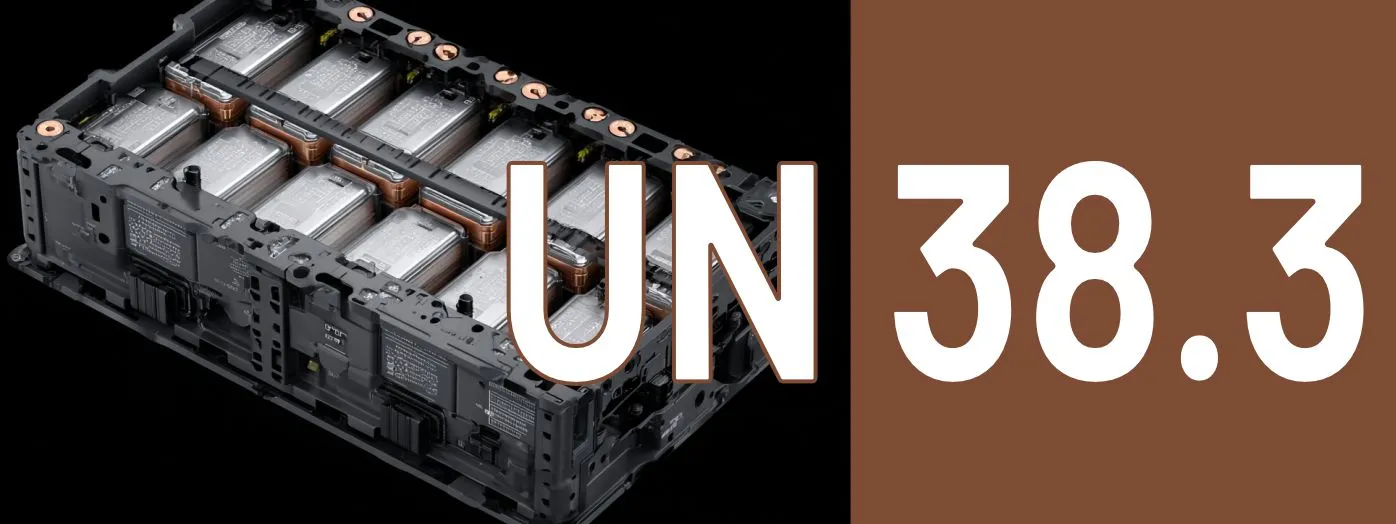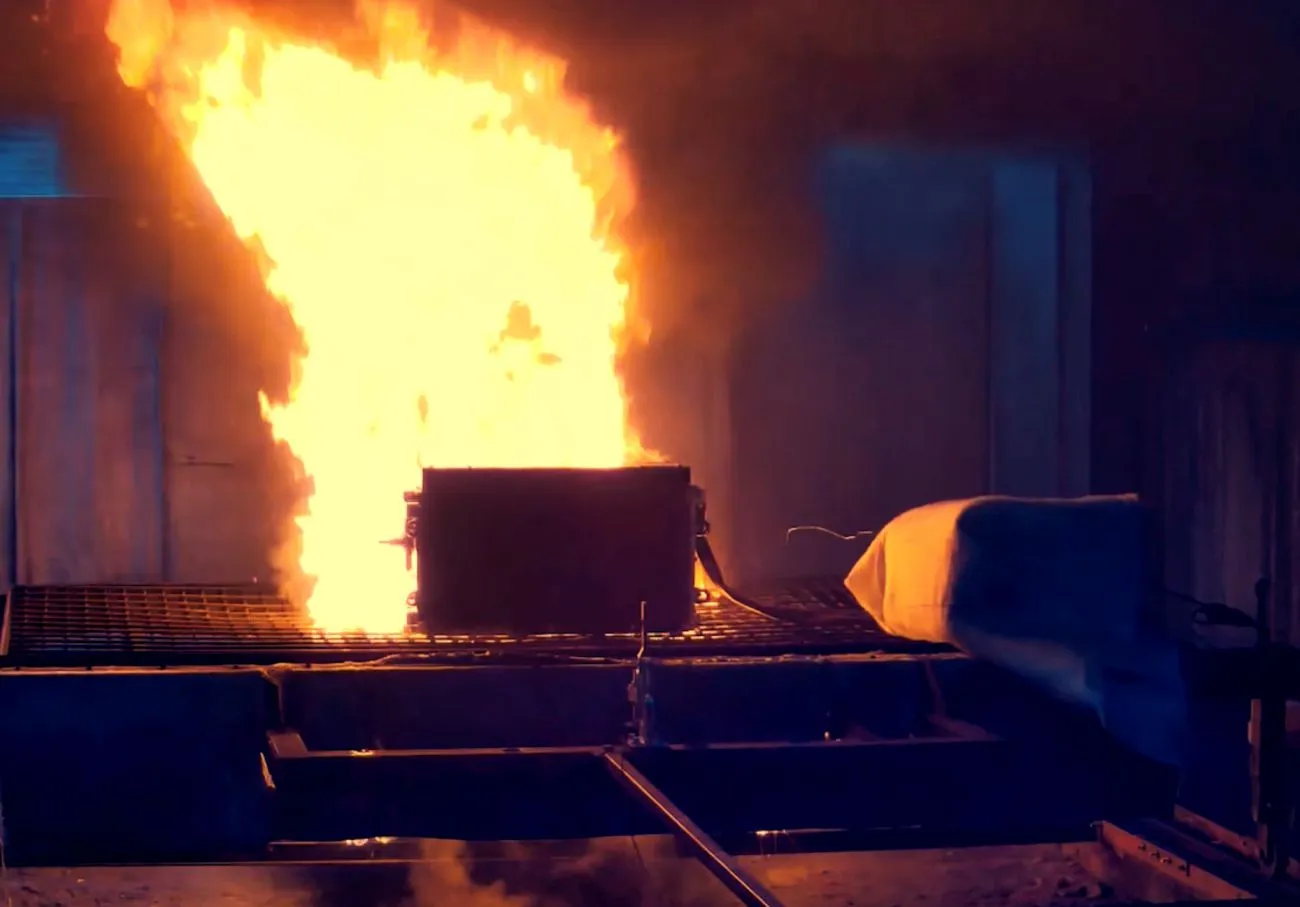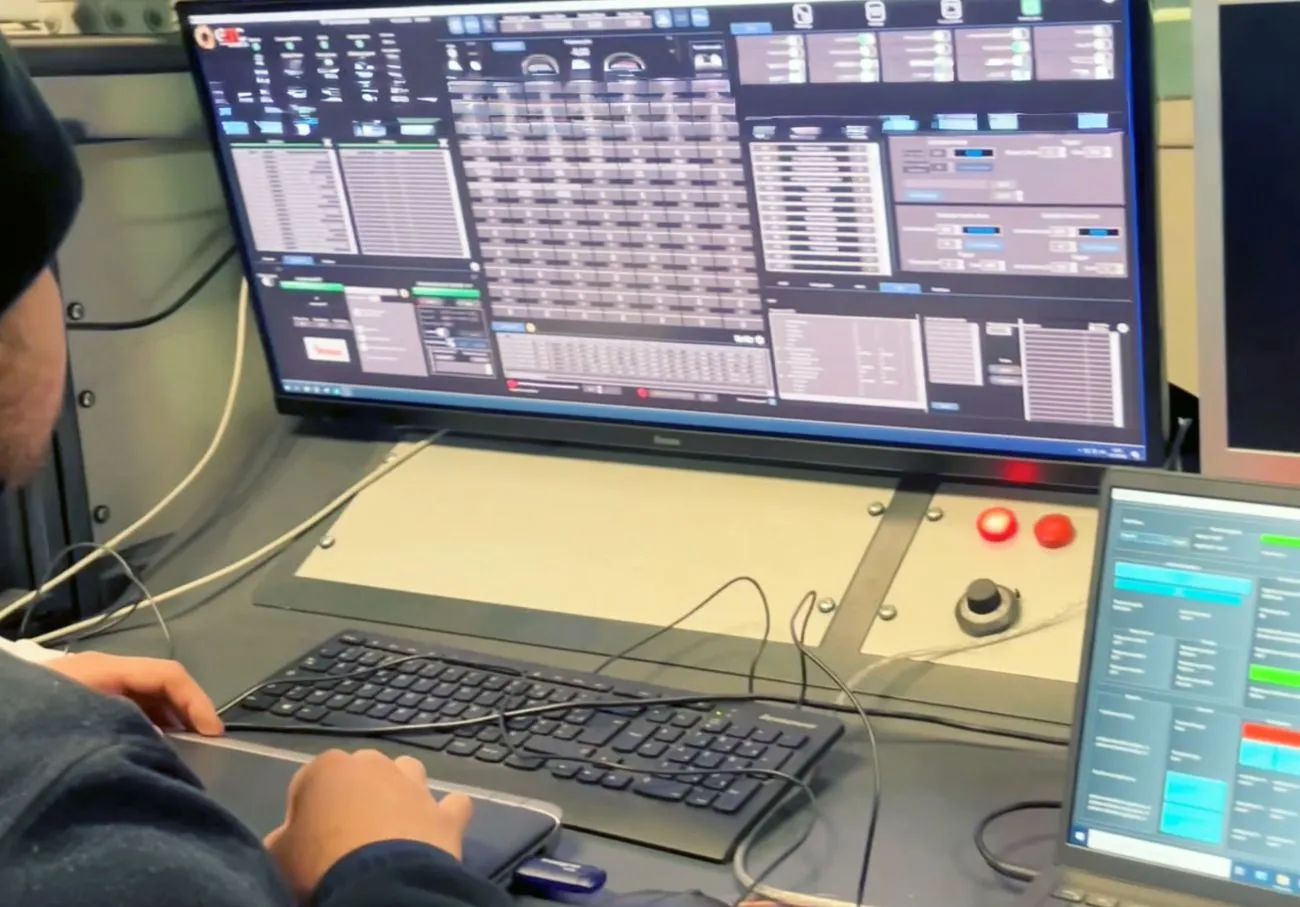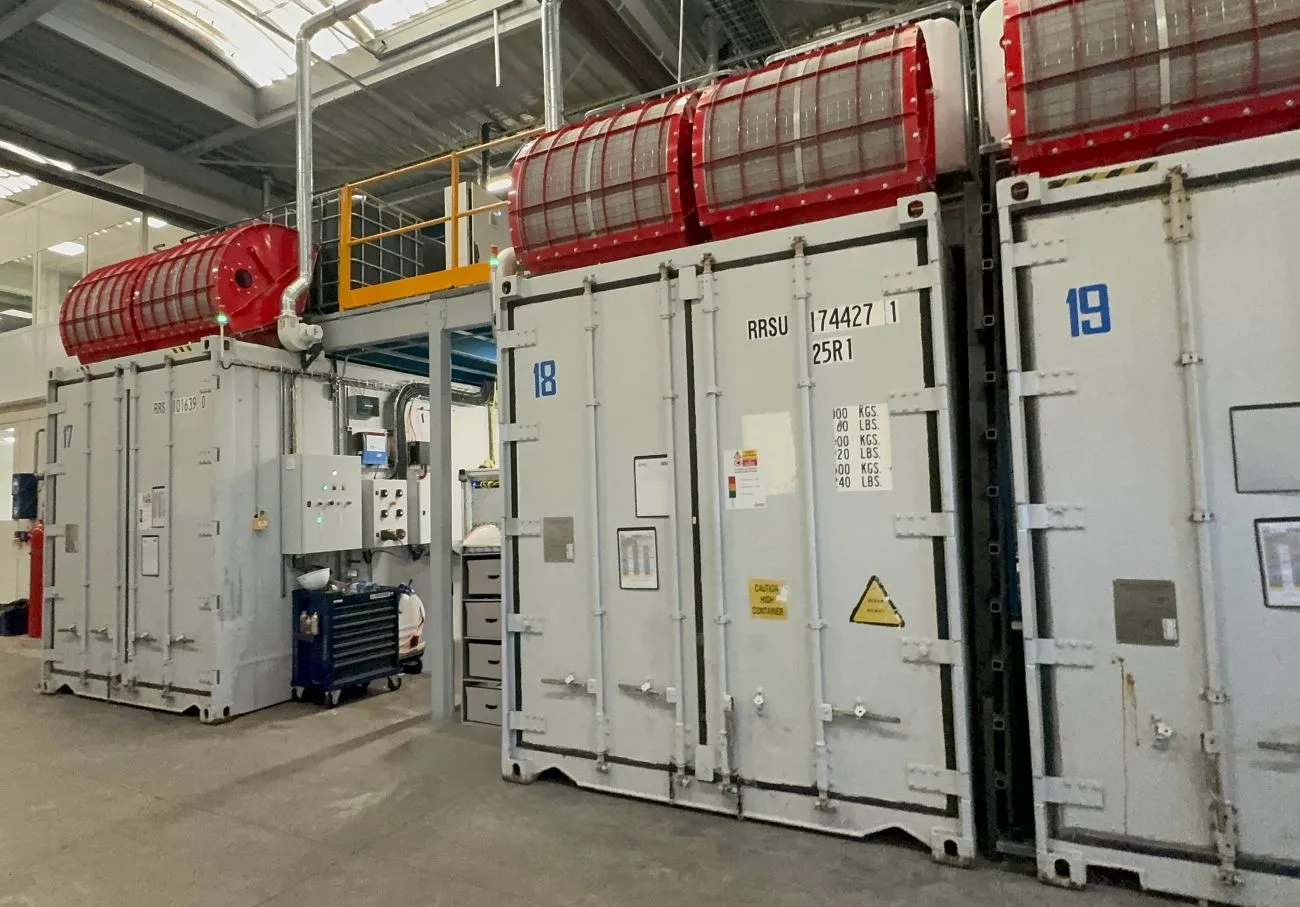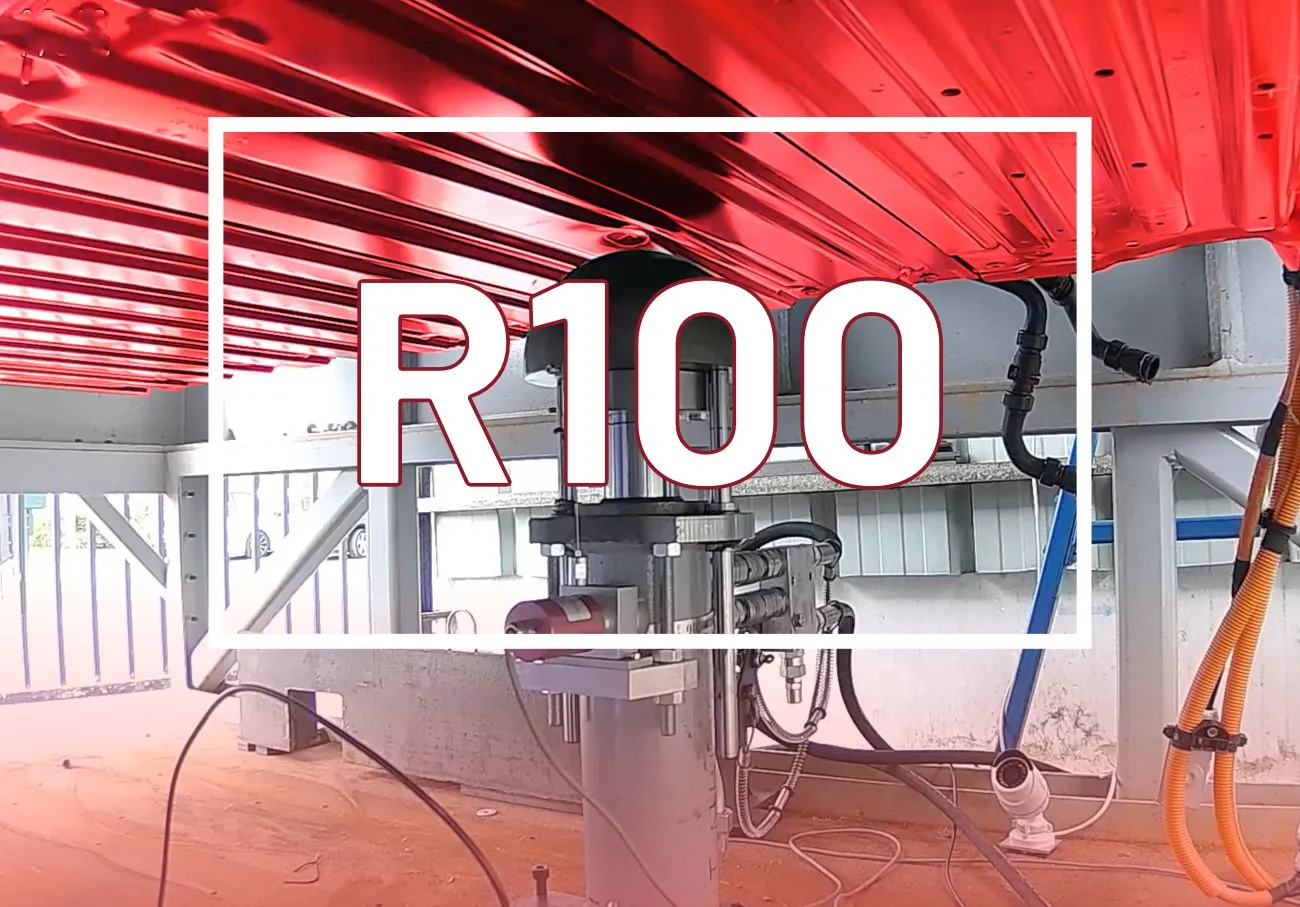Tests required to ensure safe transport of lithium-ion batteries
Anti-pollution standards for thermal vehicles
Why carry out UN 38.3 tests?
UN 38.3 testing is essential to ensure the safety of lithium-ion batteries during transport. These tests enable:
- Compliance with international regulations for the transport of lithium-ion batteries.
- Prevention of risks related to shocks, pressure variations, extreme temperatures and short circuits.
- Ensure compliance with the standards required by air, sea and land carriers.
- Facilitate the global marketing of batteries by obtaining the required certifications.
- Minimise the risk of fire and explosion during transport.

Our UN 38.3 testing services
- Altitude simulation tests (T1): Verification of battery behaviour in conditions of low atmospheric pressure.
- Thermal tests (T2): Exposure to extreme temperature cycles to test the robustness of the cells.
- Vibration tests (T3): Simulation of vibrations encountered during transport.
- Mechanical shock tests (T4): Verification of resistance to impacts and sudden accelerations.
- External short-circuit tests (T5): Validation of protection against involuntary short-circuits.
- Impact and crushing tests (T6): Test of resistance to mechanical pressure applied to the cells.
- Overload tests (T7): Verification of battery stability in the event of overcharging.
- Forced discharge tests (T8): Simulation of the risks associated with prolonged involuntary discharge.
UN 38.3 test methodology
1. Preparing the batteries
- Selection of samples according to UN 38.3 criteria.
- Loading and storage conditions checked before testing.
2. Performing the tests
- Place the batteries in the appropriate test chambers.
- Application of the cycles and conditions defined by the regulations.
- Real-time monitoring of critical parameters (temperature, voltage, pressure).
Analysis and validation of results
- Assessment of compliance criteria: absence of fire, bursting, leakage or abnormal temperature rise.
- Issue of a test report that complies with the requirements of the transport organisations.
Talk to our UN 38.3 testing experts
Our capacity and infrastructure
Facilities and equipment
- Climatic chambers for simulating altitude and extreme temperatures.
- Vibration and mechanical shock test benches complying with international standards.
- Thermal monitoring and leakage current measurement systems.
Analysis and monitoring of results
- Detailed reports for each test.
- Assistance with compliance and optimisation of battery designs.
- Support for the certification process.
Standards and regulations covered
Our UN 38.3 tests comply with the main international regulations:
- UN Manual of Tests and Criteria, Section 38.3.
- ADR (Road Transport), IATA DGR (Air Transport), IMDG Code (Sea Transport).
- IEC 62281, ISO 12405 for lithium-ion battery safety.
Integrate UN 38.3 testing into your validation process with the Emitech Group
- Analysing the normative requirements according to your sector of activity.
- Implementation of tests with configurations adapted to your products.
- Interpretation of results and optimisation of battery safety designs.
Related Services
Needs
Discover a selection of additional resources that explore topics related to this page including regulatory contexts, technical articles, and specific areas of expertise. These materials provide further insight to help you better understand the key challenges and available solutions.
Contact us for a quote
